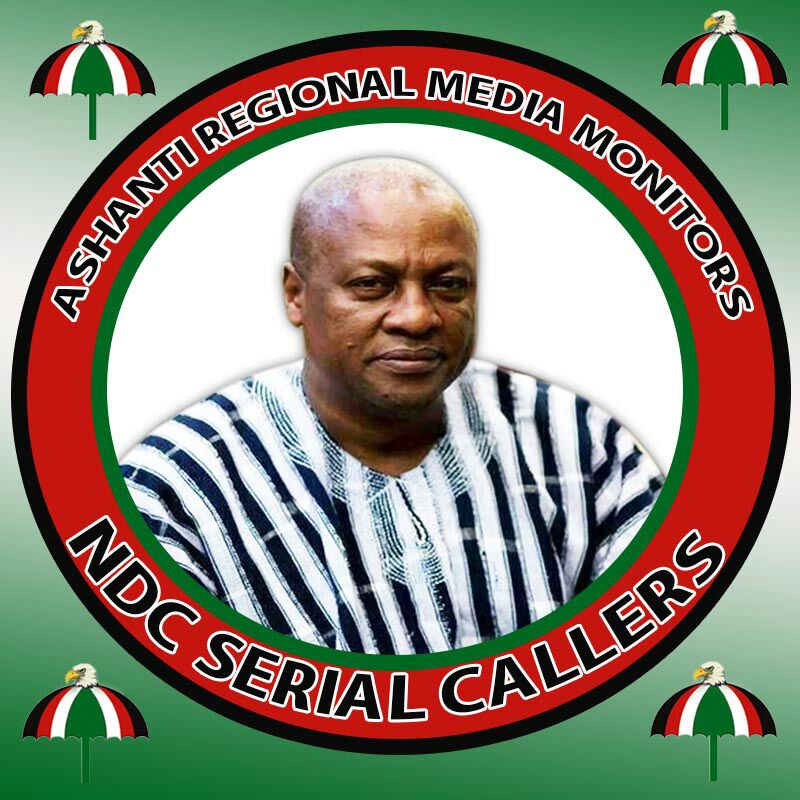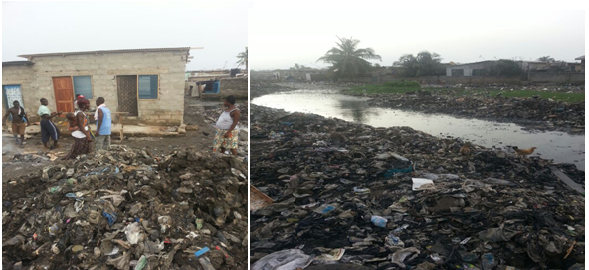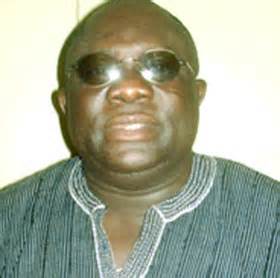 A former Director General of the Ghana Education Service has said that the four year system of Senior High School education is the best system for the country.
A former Director General of the Ghana Education Service has said that the four year system of Senior High School education is the best system for the country.
The change of government from the NPP to the current NDC administration in 2009 saw the duration of the secondary education program reversed from four to three years.
The then Minister of Education, Alexander Tetteh Enyo argued at that time that the four-year programme was not the solution to poor performance in some schools.
“What we really need to do now to improve on our educational standards is to strengthen the Junior High Schools with qualified teachers and infrastructure to lay a good foundation for the students at the Senior High Schools, rather than increase the duration to four years……we still believe that students will be able to manage all the syllabi within three years and therefore four years will be too much for them,” he said.
The Junior Secondary School (JSS) system, which had six years at basic level and three years at JSS, was introduced in 1987 to replace the middle school system which had six years in primary school and four years in middle school.
The three-year Senior Secondary School (SSS) system also replaced the seven-year secondary school system comprising five years for the ordinary level and two years for the advanced level.
The JHS and SHS were recommended in 2007, whereby the duration of the SHS was to be increased from three to four years but this generated a lot of public debate, necessitating the government to organize a national forum on the duration of second cycle education.
Those in support of the four-year duration were of the view that increasing the number of years would help reverse the high number of students who were currently unable to qualify for the universities and other tertiary institutions.
On the other hand, the proponents of the three-year programme maintained that the dismal academic performance at the Senior High school level did not lie in the extension of the duration. Rather, they argued, problems such as inadequate infrastructure and teacher motivation needed to be addressed at the basic level in order that the current weak foundation could be corrected.
However, at a public forum organized by IMANI and Occupy Ghana on confronting the major crisis in the country’s education, Professor Jerome Djangmah strongly advocated for a return to the four year type of education as a means to solving the educational disparities amongst students.
“The thing is that we need the analysis to show that three years is too short for the majority of Ghanaian children who enter the senior high school for the public school system. …. we think that the length of time is a factor, the number of hours or years you spend in school matters.”
In a related development,
An educationist, Anis Haffar has enumerated the numerous benefits derived from Vocational and Technical education.
According to Mr Haffar, the neglect and stigmatization of that education system is the bane of the country’s economic decline.





